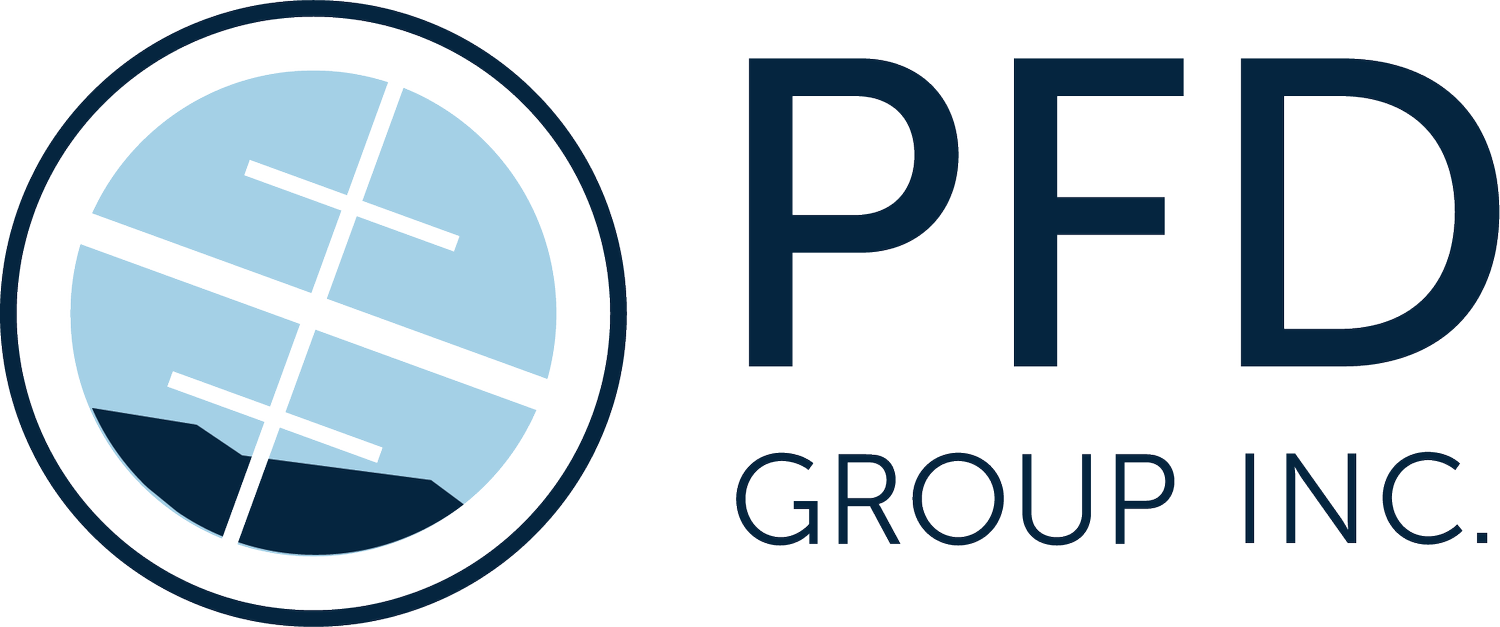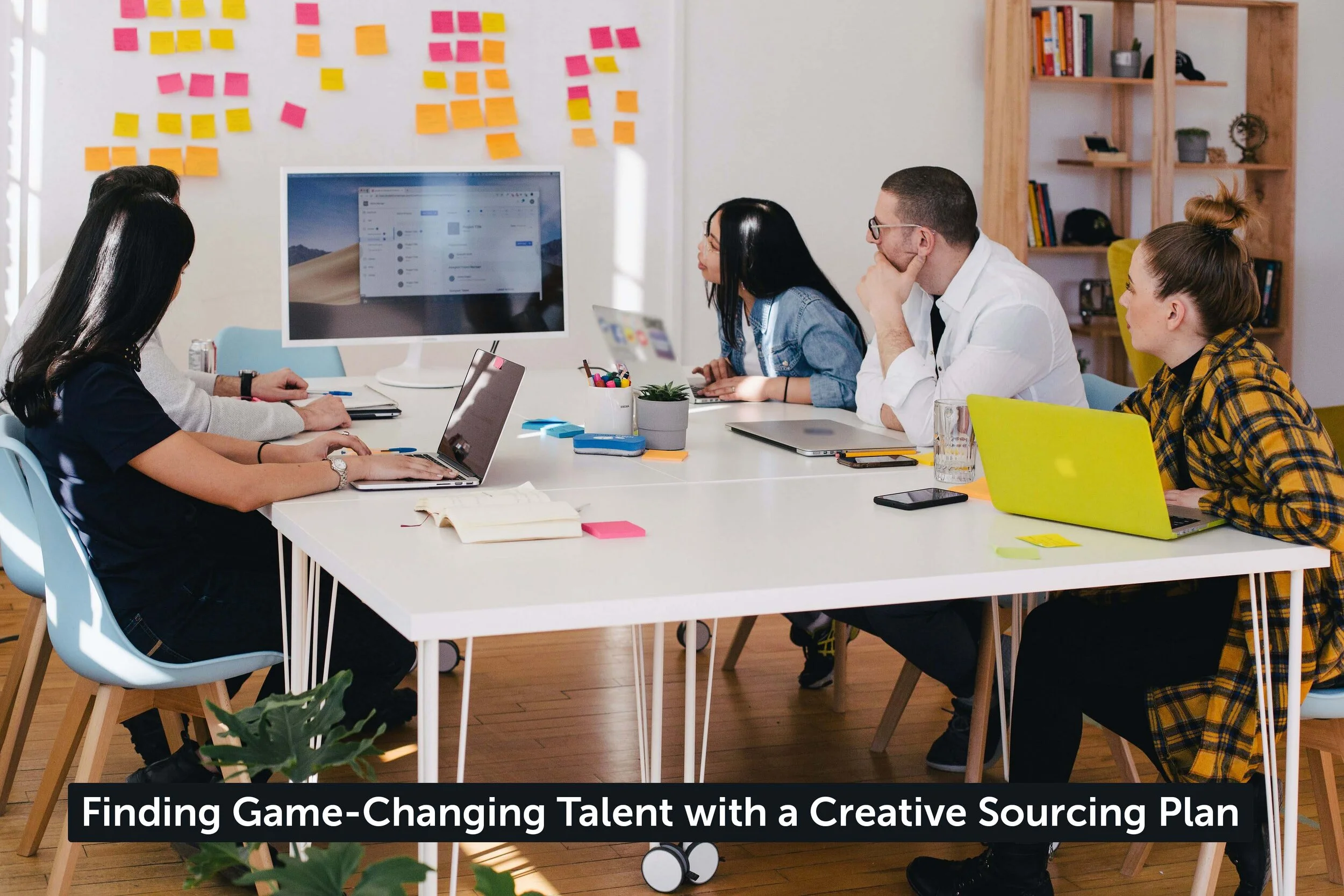If there is one thing that I know to be true about business, it is that the people on your senior team and in your company are the deciding factors in whether or not your company can scale effectively. I can not tell you the number of times that one of my clients has brought on a new team member and been absolutely awed by how game-changing that addition became. For example, just recently, one of our clients brought on a new human resources head and was stunned by the positive transformation she generated in the company.
When I tell partners and colleagues about stories such as this, I’m always met with the same question: how exactly can I attract that type of game-changing talent? In the business climate we live in today, attracting top talent can be challenging: now more than ever, individuals have the option to apply to and work for companies all over the world. However, this shouldn’t scare you. With a creative and regimented talent sourcing plan, you too can put your company in a position to attract great talent.
A good creative sourcing plan should leverage three resources: community partnerships, talent recruitment agencies, and being opportunistic:
Community partnerships: Oftentimes amazing talent will be right in your backyard; you just need to know where to look. Community partnerships can be a powerful way to find that talent. Are there local universities, nonprofits organizations or boards that could connect you with potential employees? Once you identify individuals or organizations that may have potential employees, you can begin to build consistent partnerships with them. For example, I used to work closely with a professor at the University of Denver to find interns. This partnership gave me access to students that the professor thought were good fits instead of me trying to go through the school’s career center, which dozens of other companies were doing.
Talent recruitment agencies: Although this isn’t necessarily the most creative, talent recruitment agencies can be helpful. Your time and energy are valuable resources, so if you can afford to spend cash on recruitment agencies, it could be a worthwhile investment.
Being Opportunistic: As a leader, you should always be keeping an eye out for potential talent. What this means is that if you meet someone amazing as you are going through your day-to-day-life, recruit them. You can’t plan to meet people like this, but you should be prepared to. To be prepared, you should be able to communicate your mission, speak to why you provide a valuable experience and have business cards on hand.
These three avenues are each a viable way to find great talent and ones that I have personally used in the past. If you would like to discuss your sourcing plan further, feel free to reach out to me at emartin@pfd-group.com.








